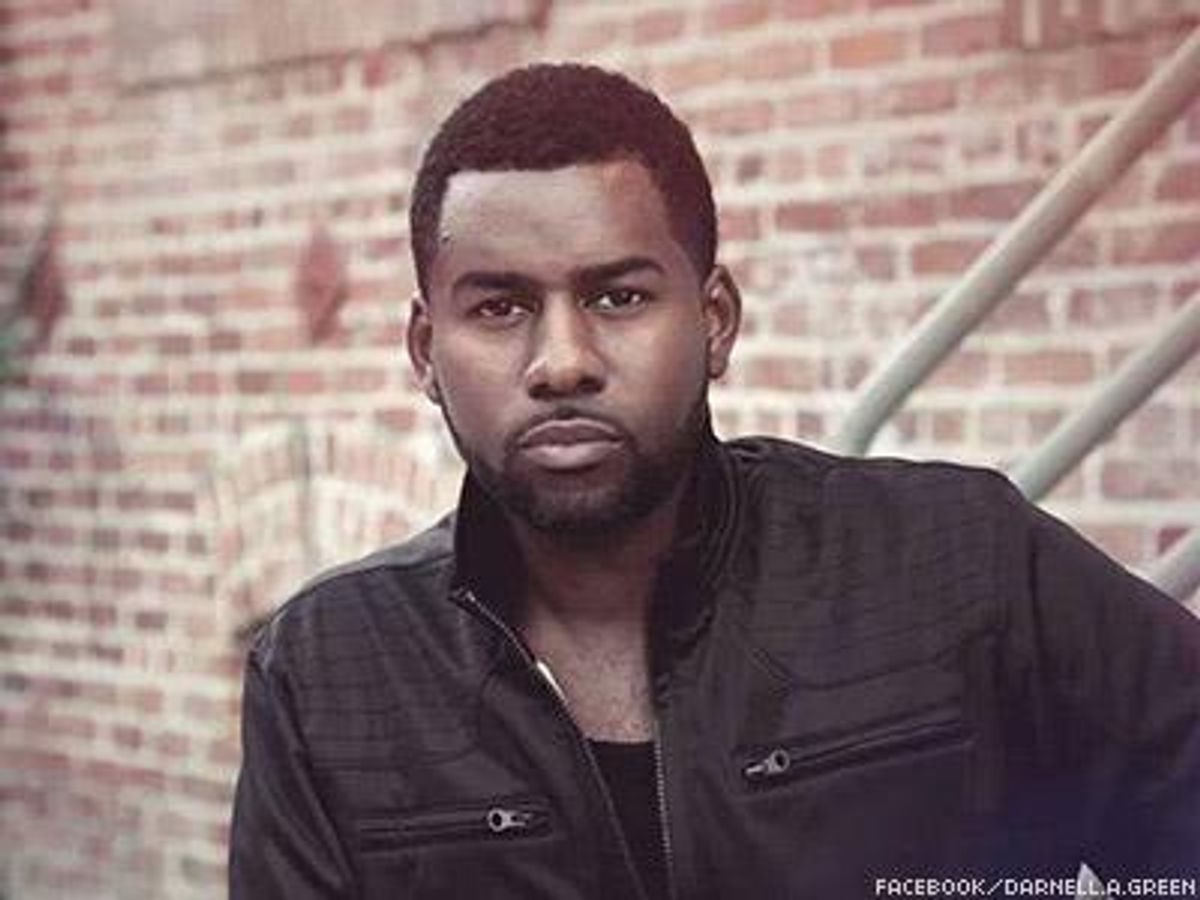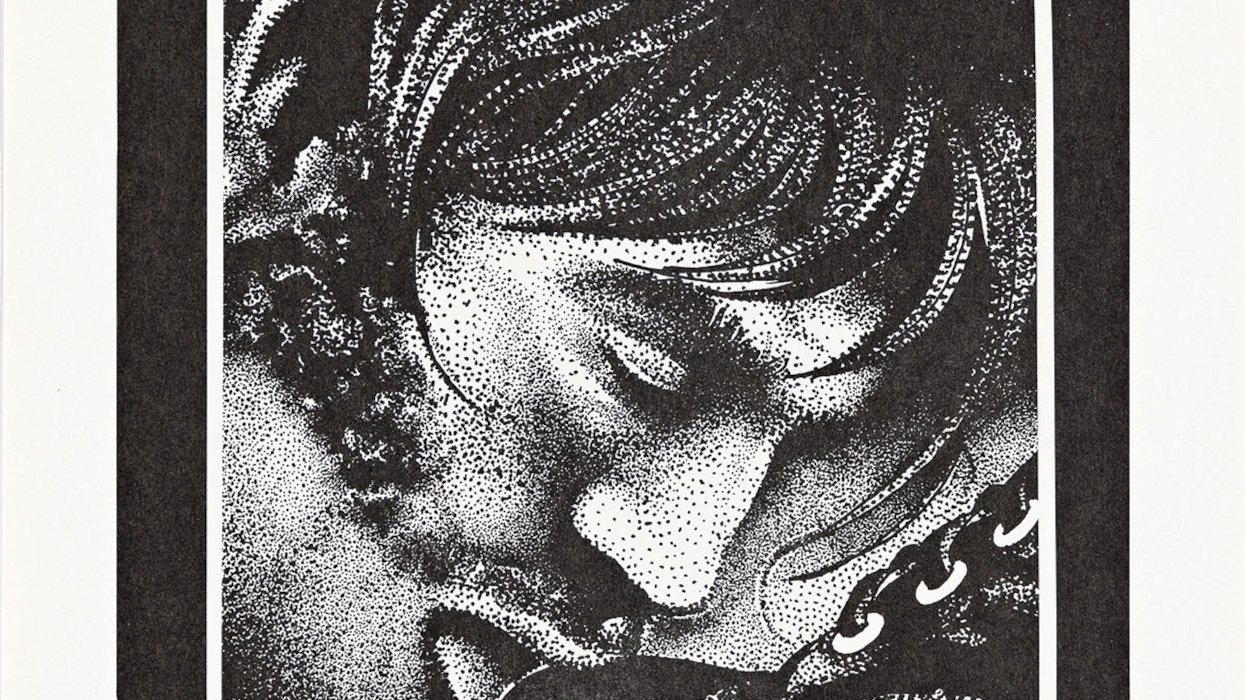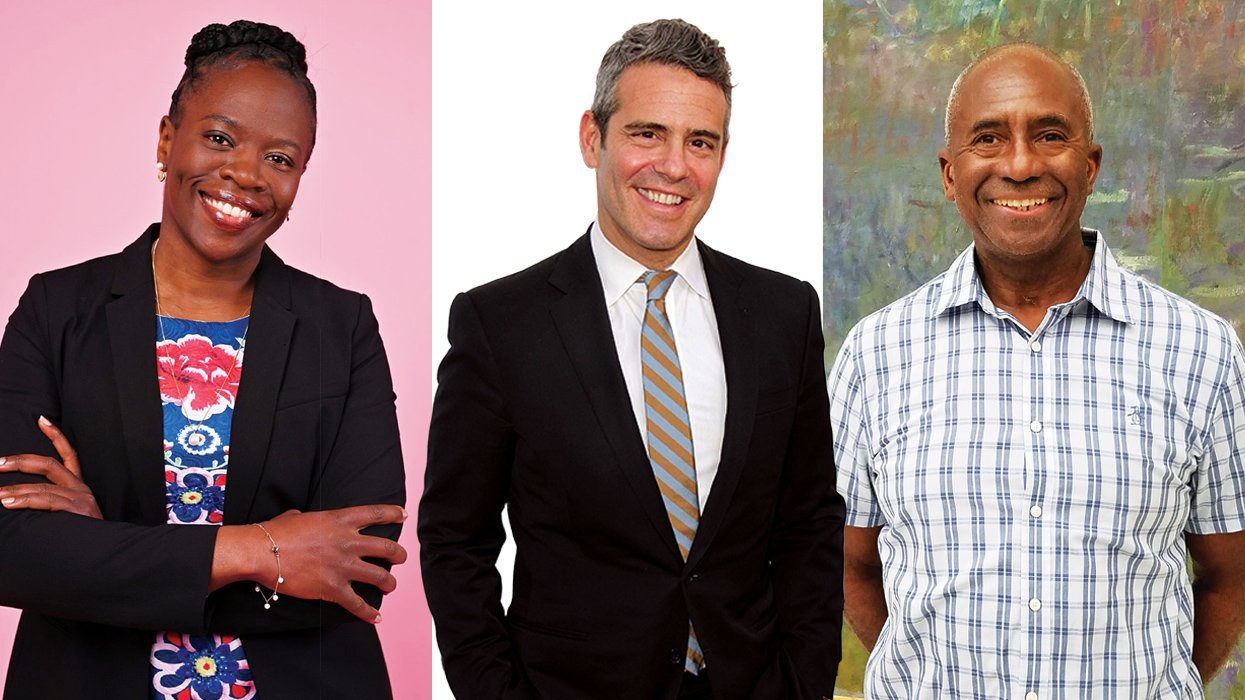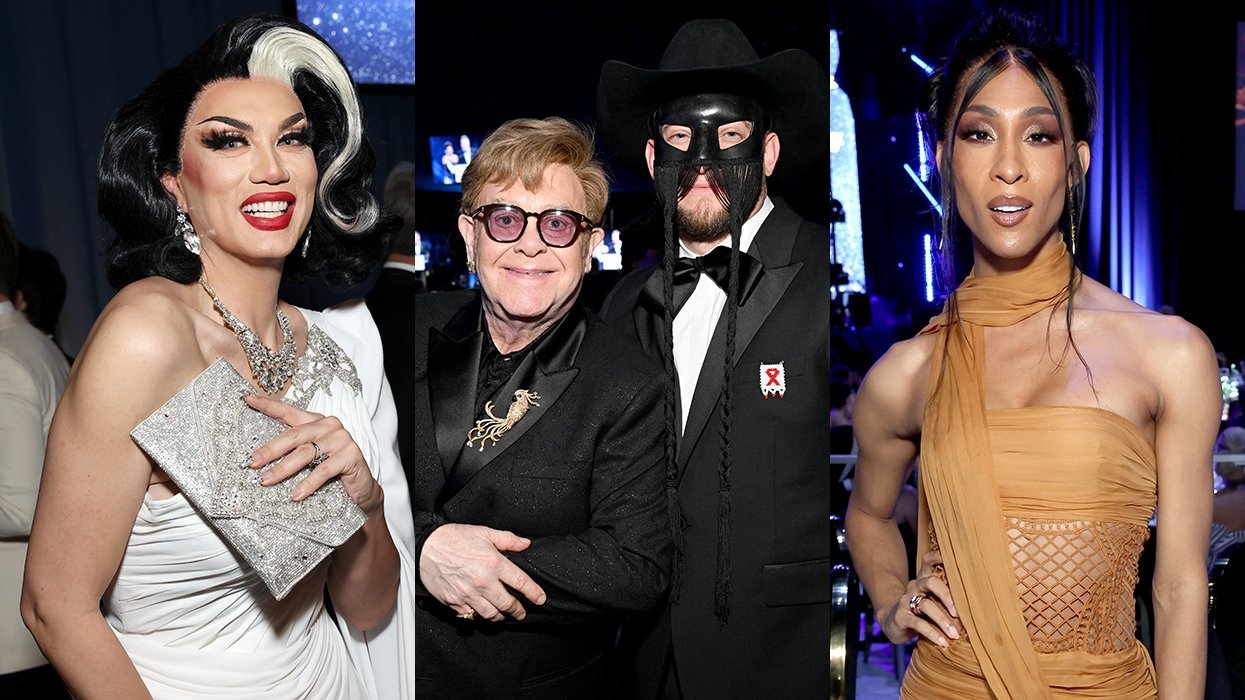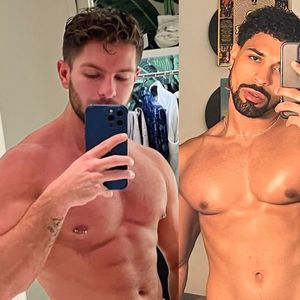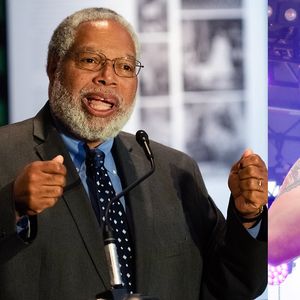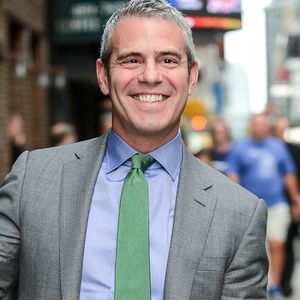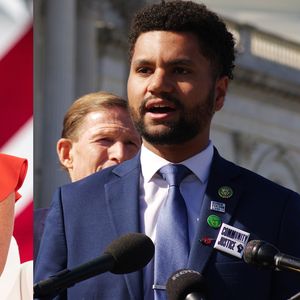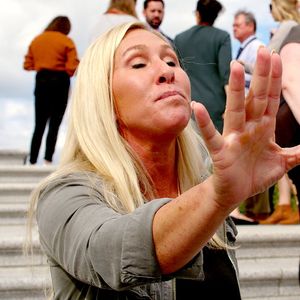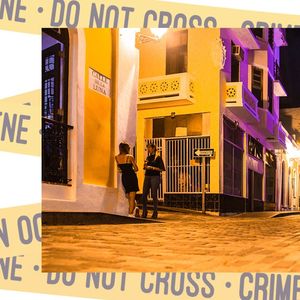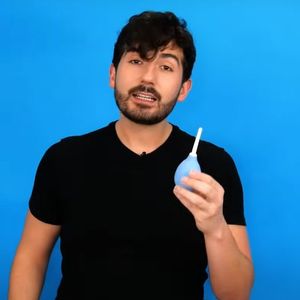Today is National Black HIV/AIDS Awareness Day, bringing awareness to a vital civil rights issue facing our community. For more than 30 years, African-Americans have celebrated our contributions to American history during February as part of Black History Month. We come together as one to observe where we have been and to look ahead to our shared future. We are reminded of our resilience, our strength. We reflect on the civil rights movement that continues on today, helping to correct some of the injustices we have experienced in America. Today it's especially imperative that we focus our collective attention on the crisis of HIV and AIDS.
I often hear people in the African-American community say, “HIV/AIDS is not the death sentence it used to be…” In reality, we are leading in new HIV infections — every year. Men who have sex with men carry the heaviest burden in our community of new infections partly due to social determinants such as access to healthcare, homophobia and internalized racism. Current statistics state that 1 in 4 black men who have sex with men will become HIV-positive by the time he reaches the age 25; nearly 50 percent of them will become infected by the time they are 35. The HIV rates among African-American transgender women is similarly high.
The way people treat themselves is often reflective of how they have been treated by family members or their community. Growing up, I was ashamed to tell my friends and family that I was gay because of the stigma associated with it in my community. Imagine growing up with the fear that I will either die, go to Hell, or succumb to AIDS. These are the messages that have plagued me and the African-American LGBT community for decades in this country.
The African American church was the pillar of the community in all major turning points during the Civil Rights Movement. Today many religious leaders are still using shame-based tactics, which makes them avoid discussing the effects of HIV and AIDS. Since HIV has such a strong connection to sexual orientation and social stigmas in the African-American community, many congregants in the church have decided to say nothing. We are taught in church that a sin is a sin and, for some reason, religious leaders have placed the sins of the LGBT community at the top of the list.
Despite the many HIV and AIDS prevention measures that have been disseminated over the past 30 years, there is still ambivalence to healthcare services and biomedical interventions like pre-exposure prophylaxis (PrEP). PrEP may not be an easy topic to discuss in a community of people that have historically distrusted the medical care system, but it’s an option that’s assisting to eradicate HIV contractions among young men of color.
At the Los Angeles LGBT Center’s “Many Men, Many Voices” retreat, we often bring up the topic of PrEP and all the risk reduction methods. We ask our clients: “If you’re not using condoms 100 percent of the time, then what else are you doing to prevent the spread of HIV and other sexually-transmitted infections?” If they don’t have an answer, then PrEP is introduced as another measure for risk reduction. For many participants, this is their first time hearing about PrEP, while others have heard of it but have questions about it. We help our participants to understand: The healthier the individual, the healthier the community will be as a whole.
The African-American community cannot ignore conversations about safer sex and risk reduction options. We should be having conversations at home with our youth no matter how uncomfortable a parent or child may be with the issue.
We cannot allow search engines and one-minute PSAs to disseminate critical information within our communities. We live in a day and age when everyone in the African-American community — and throughout the world for that matter — has been impacted by HIV/AIDS. To eradicate this pandemic, we must provide proper healthcare education, access to healthcare, and the compassion to meet all people at their levels of understanding.
We also have to take ownership of our sexual behavior and explore risk reduction options. If we don’t, nothing will change. We have gone 30 years in the trenches with this pandemic. Ignoring it won’t make it go away.
